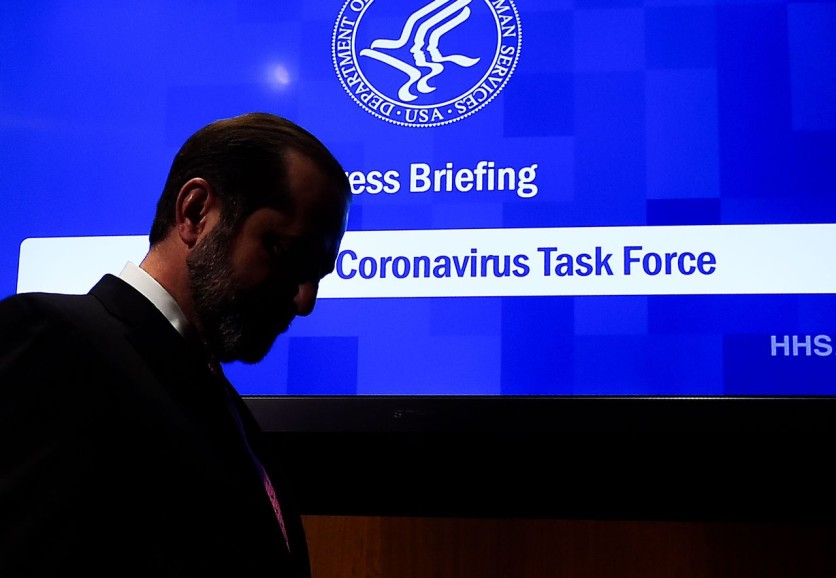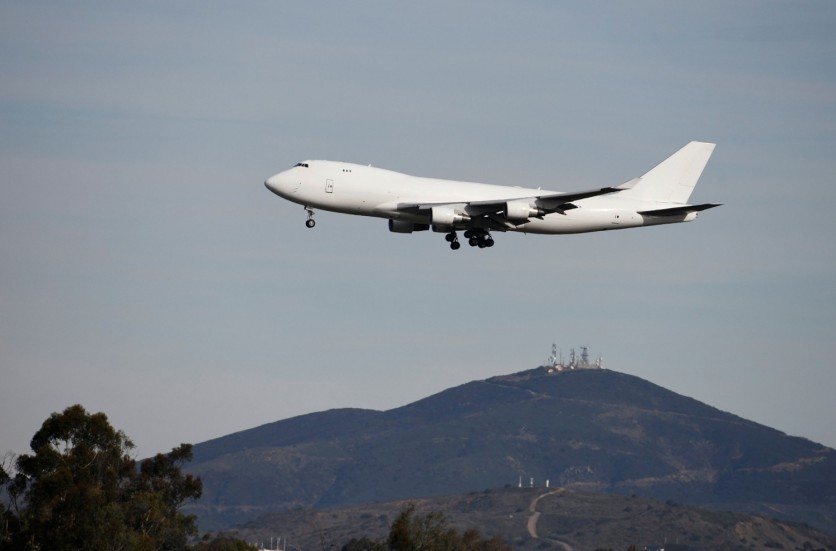Fears now mount as the U.S. State Department just announced that 14 people who had tested positive for Coronavirus Disease (COVID-19) were among over 300 Americans evacuated by plane from a quarantined Japan ship. Is U.S. Prepared for an outbreak?
With regards to the Coronavirus or COVID-19 domestic cases in the United States, it has reached a total number of 15 that was confirmed on Thursday, Feb.13, following another person who was tested positive, making cases all around the world reach a nearly whopping 60,000 to date.
On that note, the question everyone's asking is, will the U.S Health System be ready when the time comes that large numbers of people are getting infected in their country?

Read Also : Chinese Citizens Seek Comfort in Mobile Games While They Stay At Home To Avoid Coronavirus
What is the U.S currently doing?
Just like any other country that has been greatly affected by the coronavirus, when the time comes that they will be flooded with infected people, U.S Government officials can prevent citizens to travel, give out vaccinations, and require them to submit to medical exams.
At various U.S Airports, according to the U.S Centers for Disease Control and Prevention, all passengers are to be screened for symptoms such as a fever, cough, and difficulty in breathing. These airports include John F. Kennedy International Airport in New York, Los Angeles International Airport, San Francisco International Airport, Hartsfield-Jackson Atlanta International Airport, and Chicago O'Hare International Aiport. These screenings are not 100% accurate since not everyone infected can be caught and this is because the incubation period lasts a week. Meaning, it can possibly take a week after getting infected by the virus before showing some symptoms.
U.S citizens that are returning to the United States and have been in Hubei province in China, will be subject to up to 14 days of mandatory quarantine.

How can the U.S Health System cope and handle a massive surge?
According to Jonathan Greene, director of emergency management and medical operations at the Department of Health and Human Services, "Surge capacity in the health care system is something that we think a lot about and prepare for in the U.S., and not specifically to coronavirus per se, but for a whole host of events that could occur in the United States," Greene also says that the federal agency is working to be able to treat thousands of patients if need be.
But not everyone believes in the United State's capacity to handle an epidemic as big as this with a sudden outpour of infections that reach thousands in number.
Hospitals alone would very much be under pressure and will have a hard time handling a lot of greatly infected patients who need to be in isolation. The health care system would be stressed for capacity, hospitals can become overcrowded, and will eventually be forced to discharge patients or try to transfer them to different locations due to not having enough beds. It had been made clear that hospitals do not plan for pandemics in the same manner as planning for new procedures and new drugs, the U.S do not have any kind of strategy nor the infrastructure which of course all comes back to funding which America does not have and has been cut over the decade.
ⓒ 2025 TECHTIMES.com All rights reserved. Do not reproduce without permission.




